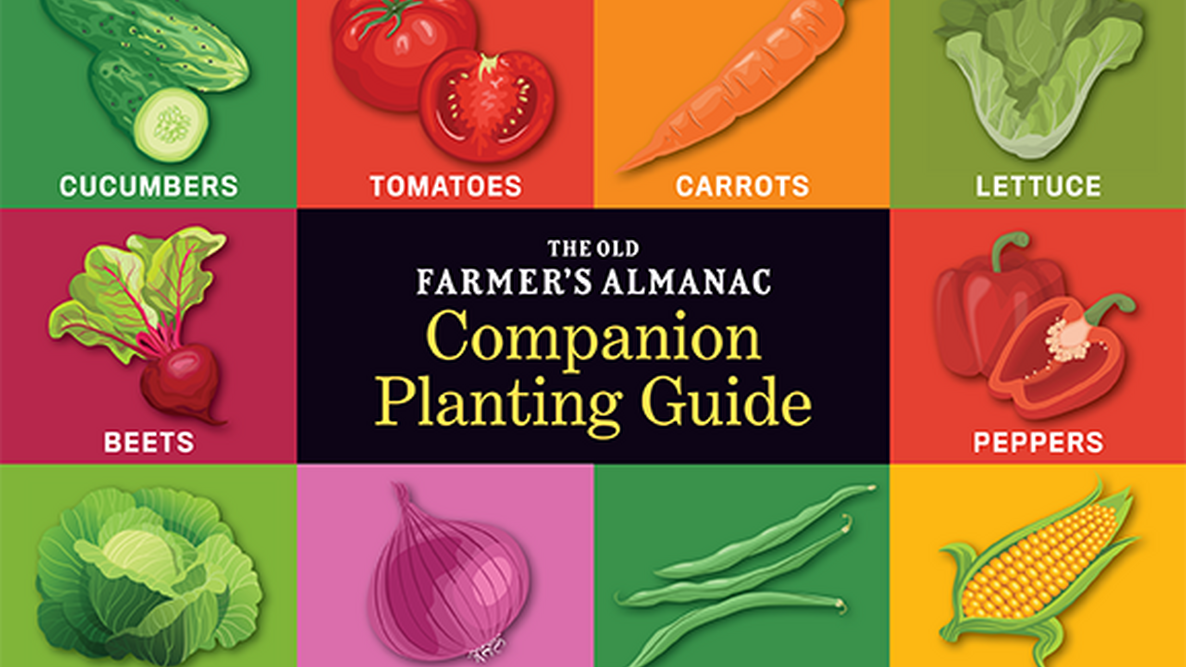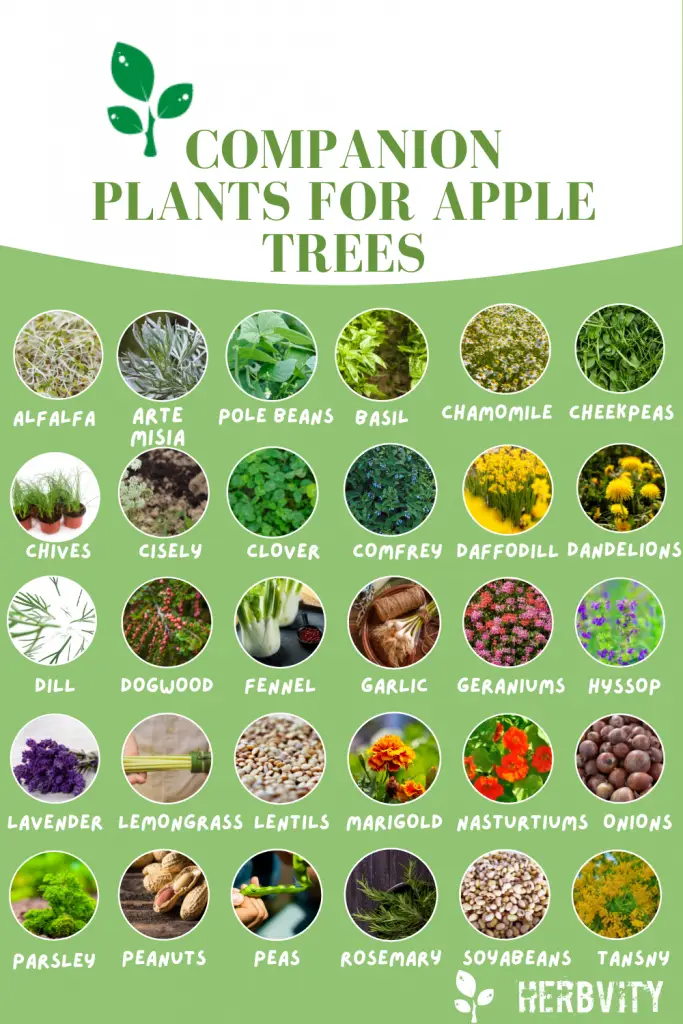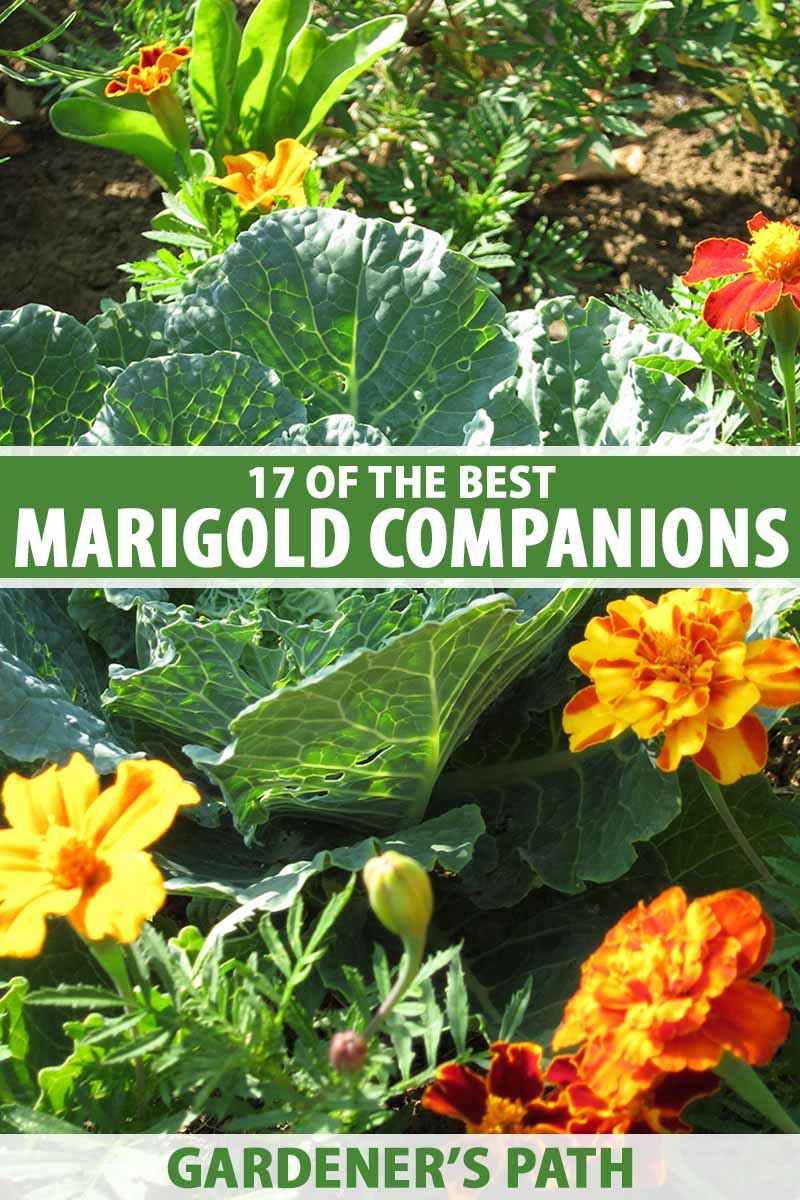Best Companion Plants For Fruit Trees That Will
Best Companion Plants for Fruit Trees That Will
Fruit trees are a great addition to any garden, but they can be susceptible to pests and diseases. Companion planting is a great way to help protect your fruit trees and improve their overall health. Companion plants are those that benefit each other when planted together. They can provide shade, nutrients, pest control, and pollination, all of which can help your fruit trees thrive.
Here are some of the best companion plants for fruit trees:
- Herbs: Herbs are a great choice for companion plants because they attract beneficial insects, such as bees and butterflies, which help pollinate fruit trees. Some of the best herbs to plant near fruit trees include rosemary, lavender, sage, chives, and mint.

- Flowers: Flowers are also a great way to attract pollinators to your fruit trees. Some of the best flowers to plant near fruit trees include marigolds, nasturtiums, sunflowers, and zinnias.
- Vegetables: Some vegetables can also be good companion plants for fruit trees. For example, tomatoes and peppers can help repel pests, such as aphids and whiteflies. Lettuce and spinach can help suppress weeds, and beans can help improve soil nitrogen levels.

- Cover crops: Cover crops are plants that are grown to protect the soil and suppress weeds. They can also help improve soil fertility and drainage. Some good cover crops to plant near fruit trees include clover, alfalfa, and buckwheat.

When choosing companion plants for your fruit trees, it is important to consider the specific needs of your trees. Some factors to consider include the size of the tree, the type of fruit it produces, and the climate in your area.
For example, if you have a large apple tree, you will need to choose companion plants that are tall enough to provide shade. If you have a small citrus tree, you can choose companion plants that are shorter and more bushy.
It is also important to consider the climate in your area when choosing companion plants. Some plants, such as lavender, are more tolerant of hot, dry climates, while others, such as marigolds, are more tolerant of cool, moist climates.
With a little planning, you can choose the best companion plants for your fruit trees and help them to thrive.
Here are some additional tips for companion planting with fruit trees:
- Plant companion plants in a circle around your fruit trees, about 2-3 feet away.
- Choose companion plants that have different water and nutrient requirements. This will help to prevent one plant from outcompeting the other.
- Mulch around your companion plants to help retain moisture and suppress weeds.
- Monitor your companion plants for pests and diseases. If you see any problems, take steps to treat them immediately.
By following these tips, you can create a healthy and productive fruit tree garden.
Fruit trees can benefit from companion planting, which is the practice of planting certain plants near each other to create a mutually beneficial relationship. Some of the best companion plants for fruit trees include:
- Herbs: Herbs such as rosemary, lavender, and sage can attract pollinators and repel pests.
- Wildflowers: Wildflowers can also attract pollinators and provide ground cover to help suppress weeds.
- Cover crops: Cover crops such as clover and alfalfa can improve soil health and nitrogen levels.
- Alliums: Alliums such as onions, garlic, and chives can repel pests such as aphids and nematodes.
- Berry bushes: Berry bushes can provide a barrier to pests and also help to shade the roots of fruit trees.
For more information about the best companion plants for fruit trees, visit Gardenia Inspiration. This website has a comprehensive list of companion plants for different types of fruit trees, as well as information about the benefits of companion planting.
FAQ of best companion plants for fruit trees
- What are the best companion plants for fruit trees?
The best companion plants for fruit trees vary depending on the type of fruit tree, but some of the most common include:
- Herbs: Rosemary, lavender, and sage are all good companion plants for fruit trees. They help to attract pollinators, repel pests, and improve soil health.
- Flowers: Wildflowers, marigolds, and nasturtiums are also good companion plants for fruit trees. They help to attract pollinators and deter pests.
- Vegetables: Some vegetables, such as tomatoes, beans, and cucumbers, can also be good companion plants for fruit trees. They help to improve soil health and provide shade.
It is important to do some research to find the best companion plants for your specific fruit trees. You can find this information online or at your local nursery.
- How close should companion plants be planted to fruit trees?
The best distance to plant companion plants from fruit trees depends on the size of the trees and the size of the companion plants. In general, you should plant companion plants at least 2-3 feet away from fruit trees. This will give the companion plants enough space to grow and thrive, without competing with the fruit trees for resources.
- What should I avoid planting near fruit trees?
There are a few plants that you should avoid planting near fruit trees. These include:
- Grass: Grass can compete with fruit trees for water and nutrients.
- Nightshades: Nightshades, such as tomatoes, potatoes, and eggplants, can attract pests and diseases to fruit trees.
- Cabbage family plants: Cabbage family plants, such as broccoli, cauliflower, and cabbage, can attract pests that can also harm fruit trees.
It is important to do some research to find out which plants are not compatible with your fruit trees.
- Can I plant herbs around fruit trees?
Yes, you can plant herbs around fruit trees. Herbs can provide a number of benefits to fruit trees, such as attracting pollinators, deterring pests, and improving soil health. Some of the best herbs to plant near fruit trees include:
- Rosemary: Rosemary helps to attract pollinators and improve soil health.
- Lavender: Lavender helps to repel pests and improve soil health.
- Sage: Sage helps to attract pollinators and deter pests.
- Thyme: Thyme helps to attract pollinators and improve soil health.
- Oregano: Oregano helps to attract pollinators and deter pests.
When planting herbs near fruit trees, it is important to space them out so that they have enough room to grow. You should also avoid planting herbs that are known to attract pests, such as mint.
- What are some tips for companion planting with fruit trees?
Here are a few tips for companion planting with fruit trees:
- Do your research: Before you plant any companion plants, do some research to find out which ones are compatible with your fruit trees.
- Plant the right plants in the right place: Consider the size of the plants and how much space they need to grow when planting them near fruit trees.
- Space the plants out: Give your plants enough room to grow and thrive.
- Water and fertilize regularly: Make sure to water and fertilize your plants regularly, especially during dry or hot weather.
- Watch for pests and diseases: Monitor your plants for pests and diseases and take steps to control them as needed.
By following these tips, you can help to ensure that your fruit trees thrive and produce a bountiful harvest.
Image of best companion plants for fruit trees
- Yarrow is a good companion plant for apple trees because it helps to repel pests like aphids and spider mites. It also attracts beneficial insects like ladybugs and hoverflies.
- Clover is another good companion plant for apple trees. It helps to improve the soil quality and also fixes nitrogen in the soil, which can benefit the apple trees.

- Marigolds are a good companion plant for many different fruit trees, including apple, pear, and peach trees. They help to repel pests like nematodes and whiteflies.

- Nasturtiums are another good companion plant for fruit trees. They help to repel pests like aphids and beetles. They also attract beneficial insects like ladybugs.
- Herbs like rosemary, thyme, and lavender are good companion plants for fruit trees. They help to repel pests and attract beneficial insects.

Post a Comment for " Best Companion Plants For Fruit Trees That Will"